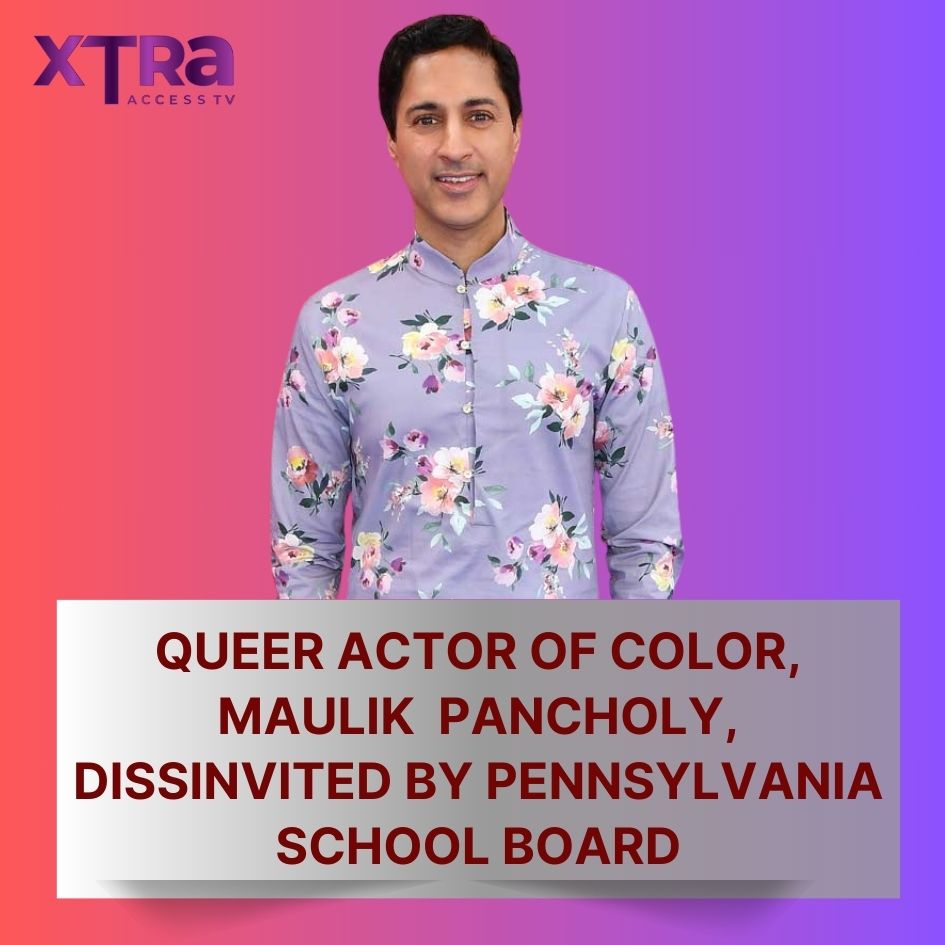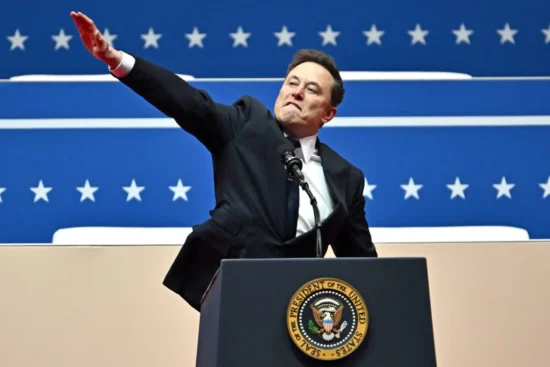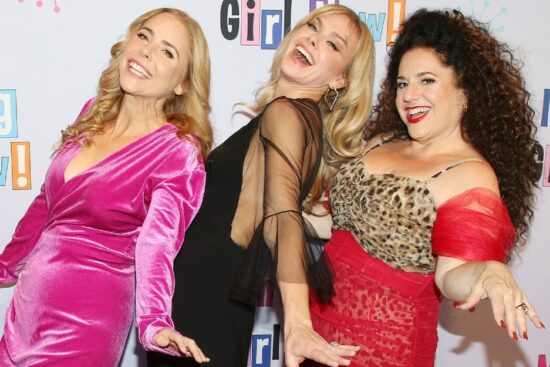
Is this Bullying for an Anti-Bullying Event?
In a disheartening turn of events, Maulik Pancholy, renowned for his roles in hit shows like ’30 Rock’ and ‘Weeds,’ found himself at the center of a storm after a Pennsylvania school board voted 8-0 to cancel his anti-bullying talk. The reason? Citing his “lifestyle.” Pancholy, a prominent actor and LGBTQ+ activist, was set to speak at an event aimed at combating bullying, a pervasive issue that disproportionately affects LGBTQ+ youth.
For those unfamiliar, Maulik Pancholy is not just an actor but also an ardent activist, particularly vocal about LGBTQ+ rights and representation. His journey through Hollywood has not only brought laughter to millions but has also served as a beacon of hope and visibility for marginalized communities, including queer people of color like myself. His advocacy work extends beyond the screen, with Pancholy authoring children’s books like “The Best at It,” which beautifully weaves narratives of identity, acceptance, and self-discovery.
The decision by the Pennsylvania school board to rescind Pancholy’s invitation to speak on anti-bullying initiatives is not just a disappointment but a stark reminder of the challenges faced by LGBTQ+ individuals in spaces meant to foster inclusivity and understanding. It highlights a critical disconnect between the urgent need for representation and the lingering prejudices that continue to hinder progress.
The Trevor Project, a leading organization in LGBTQ+ mental health advocacy, reports alarming statistics that underscore the gravity of the issue. LGBTQ+ youth are significantly more vulnerable to bullying, discrimination, and mental health struggles, with suicide rates notably higher compared to their heterosexual and cisgender peers. Events like anti-bullying talks, especially when led by LGBTQ+ figures like Pancholy, play a crucial role in combating these distressing trends by offering support, validation, and empowerment to young individuals navigating their identities.
Pancholy, in response to the cancellation, took to Instagram to express his disappointment and shed light on the power of representation in shaping young minds. His words resonated deeply with many, myself included, who understand firsthand the impact of visibility and acceptance in combating the isolation and stigma often faced by LGBTQ+ youth.
The rationale presented by board member Kelly Potteiger, suggesting that Pancholy’s discussion of his children’s book would somehow be inappropriate or controversial, reflects a profound misunderstanding of the very essence of anti-bullying efforts. She went on to say that his “lifestyle” was his “choice”, but his speaking about it would be the issue. LGBTQ+ representation is not a “choice” or a matter of “lifestyle”; it is about fostering empathy, understanding, and a sense of belonging for all individuals, irrespective of their backgrounds or identities.
To exclude Pancholy from an event focused on addressing and preventing bullying sends a troubling message—one that perpetuates ignorance and exclusion rather than fostering empathy and education. It reinforces the urgent need for continued advocacy, education, and dialogue to dismantle harmful stereotypes and create safer, more inclusive spaces for all.
As a queer person of color, I can attest to the transformative impact of seeing oneself reflected positively in media and public discourse. Pancholy’s voice, and voices like his, are not just valuable but essential in paving the way for a more equitable and compassionate society, where every young person can thrive without fear of discrimination or bullying.
The decision to cancel Maulik Pancholy’s anti-bullying talk serves as a sobering reminder of the work that still lies ahead in championing LGBTQ+ rights, dismantling harmful biases, and creating a world where every individual feels valued, respected, and seen.



Leave a Reply